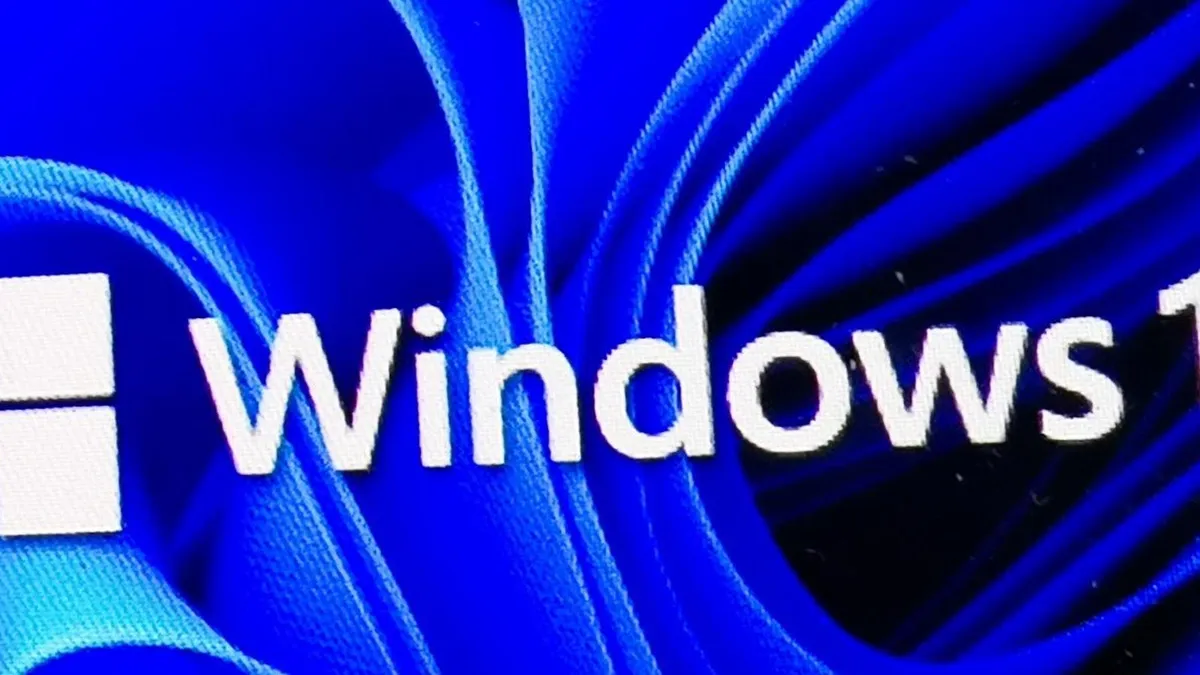
Your Microsoft Windows PC is a prime target for hackers, scammers, and malware. In the past year, we witnessed a record number of vulnerabilities, making it increasingly risky to allow a PC to fall out of support. This is the alarming reality currently facing hundreds of millions of users, as Microsoft is running out of time to address these vulnerabilities. The focus here is on Windows 10, which is set to retire from service soon.
Microsoft has confirmed that on October 14, 2025, Windows 10 PCs will no longer receive feature or security updates. This lack of support will significantly increase security risks and operational challenges for users. As the deadline approaches, it’s crucial for users to consider their options to avoid potential threats.
In light of this transition, Microsoft is promoting Copilot+ PCs, which come equipped with a suite of new AI tools, including the controversial Recall feature. However, the most significant advantage of these new systems is the upgrade to Windows 11, which integrates with a compatible PC's security module to enhance protection against threats targeting the Windows ecosystem. Users who have upgraded to Windows 11 have reported a 62% drop in security incidents, which translates to reduced risks and increased peace of mind.
The advisory from Microsoft primarily targets enterprise users, but the security benefits extend to home users as well. If your Windows 10 PC is compatible—meaning it includes the required TPM 2.0 module—you can upgrade to Windows 11 for free. An easy compatibility check can be performed on your PC to confirm eligibility. Unfortunately, it is estimated that at least 240 million PCs, and potentially many more, will fail the compatibility test and be unable to upgrade. For these users, the only option is to recycle or discard their machines, as there will be no future for them in the Windows ecosystem.
As the deadline looms, Microsoft is intensifying its efforts through online posts, on-device alerts, and public relations campaigns to encourage users to upgrade. The results are promising; in the U.S., Windows 11 has finally surpassed Windows 10 in adoption rates. Globally, the gap between the two operating systems has narrowed to under 10% for the first time. While the claim that you are 60% safer on Windows 11 compared to Windows 10 may be debatable, it is undeniable that having security updates is exponentially safer than being without them.
Regardless of whether you opt for a new PC, take advantage of the free Windows 11 upgrade, or choose the $30 12-month Windows 10 support extension, it’s essential to make a decision before the critical October deadline arrives. Time is of the essence, and delaying this decision could expose your system to unnecessary risks.